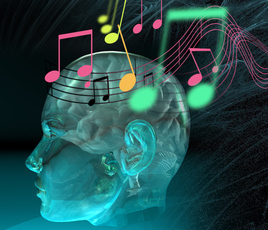“Half the money I spend on advertising is wasted; the trouble is I don’t know which half.”
— John Wanamaker, 19th-century U.S. department store pioneer
In a study with implications for the advertising industry and public health organizations, UCLA neuroscientists have shown they can use brain scanning to predict whether people will use sunscreen during a one-week period even better than the people themselves can.
“There is a very long history within psychology of people not being very good judges of what they will actually do in a future situation,” said the study’s senior author, Matthew Lieberman, a UCLA professor of psychology and of psychiatry and biobehavioral sciences. “Many people ‘decide’ to do things but then don’t do them.” [continue reading…]

The latest Issue of Neuron presents a series of reviews that highlight the exciting research in the field of Social Neuroscience, which seeks to understand how the brain mediates social behaviors, and conversely how social behaviors influence brain function.
For a limited time access to the articles are free
Source: Neuron
Published: January 21, 2010
What if a jury could decide a man’s guilt through mind reading? What if reading a defendant’s memory could betray their guilt? And what constitutes ‘intent’ to commit murder? These are just some of the issues debated and reviewed in the inaugural issue of WIREs Cognitive Science, the latest interdisciplinary project from Wiley-Blackwell, which for registered institutions will be free for the first two years. [continue reading…]


